TESDA Assessment and Certification: The Ultimate Guide to Getting Your National Certificate (NC) or Certificate of Competency (COC)
Introduction: Unlocking Your Potential with TESDA Certification
Are you looking for TESDA Assessment and Certification guide? In today’s competitive job market, having a formal qualification is no longer a luxury—it’s a necessity. The Technical Education and Skills Development Authority (TESDA) stands as the Philippines’ premier institution for equipping Filipinos with world-class technical skills. The culmination of any TESDA course is the Assessment and Certification process, a rigorous evaluation that validates your skills against national standards.
This guide will demystify the entire journey, from understanding the TESDA law to finally holding your National Certificate (NC) or Certificate of Competency (COC). Whether you’re looking into Trainers Methodology Level 1, Electrical Installation and Maintenance NC II (EIM NC II), or Electronic Products Assembly and Servicing (EPAS NC II), this pillar page is your comprehensive resource.
1. What is TESDA? Understanding the Framework (RA 7796)
TESDA was established under the Tesda Law, also known as Republic Act No. 7796 or the Tesda Act. This law mandates TESDA to manage, supervise, and regulate the country’s technical education and skills development (TESD) system. Its mission is to provide direction, policies, programs, and standards towards quality technical education that is accessible to all. The iconic TESDA logo, often sought as a TESDA logo PNG or TESDA logo transparent file by institutions, symbolizes this commitment to national development through skills training.
2. The Importance of TESDA Assessment and Certification
A TESDA assessment is not merely a test; it is a system of evaluation based on a competency assessment process. It determines whether you have achieved the skills and knowledge required by the industry standard for a specific qualification.
- National and Global Recognition: Your NC certificate or COC is a passport to employment both in the Philippines and abroad. It is a recognized credential that tells employers you are a qualified professional, be it an electrician with an NC2 electrical certificate or a certified trainer.
- Proof of Competence: It moves beyond theoretical knowledge, proving you can perform the actual tasks required for the job.
- Increased Employability and Earnings: Certified individuals often have a significant advantage in the job market and command higher salaries.
- Foundation for Advancement: For trainers, a Trainers Methodology 1 certificate is essential for delivering TESDA-accredited programs.
3. The Competency Assessment Process: A Step-by-Step Walkthrough
The path to certification follows a structured competency assessment process. Here’s how it works:
- Completion of Training: Typically, you must complete a relevant TESDA course from an accredited training center (e.g., an EIM course for an EIM NC2 assessment). In some cases, applicants with sufficient prior experience may apply for assessment without training (via the Recognition of Prior Learning pathway).
- Application: Submit the required documents (TM1 requirements, EIM NC2 requirements, etc.) and pay the corresponding assessment fee at an accredited TESDA Assessment Center.
- The Conduct of Competency Assessment: This is the core of the process. A certified assessor will evaluate you using a conduct competency assessment checklist. The process of conducting competency assessment involves:
- Demonstration: You will perform practical tasks relevant to your trade (e.g., wiring a circuit for electrical installation and maintenance, assembling a circuit board for EPAS NC II, or preparing a dish for Cookery).
- Oral Interview: The assessor may ask questions to gauge your understanding of the concepts and safety procedures.
- Written Test: Some assessments include a theoretical exam to test your knowledge.
- Evaluation: The assessor scores your performance against the preset standards on the checklist.
4. Understanding the Competency Assessment Checklist
The conduct competency assessment checklist is the tool assessors use to ensure a fair and objective evaluation. It breaks down the qualification into Units of Competency, which are further divided into Elements and Performance Criteria. You are rated on your ability to meet each criterion consistently. Familiarizing yourself with this checklist beforehand is a key strategy for success.
5. Key TESDA Courses and Their Assessment Requirements
A. Trainers Methodology Level 1 (TM Tesda)
- TM Tesda Meaning: This is a comprehensive program, often called the TM course, designed to develop the competencies of TVET trainers. It covers the essential training methodology TESDA requires its instructors to master.
- Trainers Methodology 1 Requirements: Applicants are typically required to hold a National Certificate (NC) Level II or higher in their technical field and have relevant industry experience. The training methodology Tesda requirements also include demonstrating communication skills and a aptitude for teaching.
B. Electrical Installation and Maintenance NC II (EIM NC2)
- EIM NC2 Meaning: This qualification covers the installation and maintenance of electrical wiring, lighting, and related equipment in residential buildings.
- Requirements: The tesda electrical nc2 assessment requires candidates to demonstrate competencies in installing wiring systems, setting up lighting and outlets, and performing routine maintenance, all based on the Philippine Electrical Code.
C. Electronic Products Assembly and Servicing NC II (EPAS NC II)
- This qualification, often searched as tesda electronics, involves assembling electronic products, installing components, and servicing consumer electronics.
- The EPAS TR (Training Regulation) outlines the specific skills tested, which include soldering, reading diagrams, and testing assembled products.
D. Cookery NC II
- This popular qualification prepares individuals for careers in commercial kitchens. The tesda assessment fee for cookery is a common search query, and the cost can vary slightly between assessment centers. It covers preparing appetizers, salads, sandwiches, desserts, and various dishes.
6. TESDA Assessment Fees and Scholarship Programs (TWSP)
- Assessment Fees: The tesda assessment fee varies by qualification. For example, the tesda assessment fee for cookery will be different from the fee for tesda electrical or massage therapy. It’s best to contact your local assessment center for the exact fee schedule.
- TWSP Meaning: The TWSP Tesda meaning is the Tesda Scholarship Program. TWSP stands for Training for Work Scholarship Program. An assessment of TESDA scholarship programs like TWSP shows they are designed to provide free training and assessment to qualified Filipinos, significantly reducing financial barriers to certification.
7. Preparing for Your Assessment: Tips for Success
- Review the Training Regulation (TR): The TR for your course (e.g., TR EIM NC II) is your bible. It contains all the competencies you will be assessed on.
- Practice, Practice, Practice: There is no substitute for hands-on practice. Master the skills until you can perform them confidently and safely.
- Understand the Checklist: Get a copy of the conduct competency assessment checklist and use it as a practice guide.
- Ensure You Have All Tools and Materials: Confirm what you need to bring for your practical exam.
8. After the Assessment: Getting Your Certificate and Next Steps
If you are deemed “COMPETENT” in all units, you will be awarded your National Certificate (NC) or Certificate of Competency (COC). This official document can be verified by employers online. You can now use this credential to apply for jobs, start a business, or pursue further training and assessments, such as higher-level NC qualifications or the Trainers Methodology program to become an instructor yourself.
9. Frequently Asked Questions (FAQs)
Q: What is the difference between an NC and a COC?
A: A National Certificate (NC) is awarded when you demonstrate competence in all units of a full qualification. A Certificate of Competency (COC) is awarded for mastery of a specific skill or cluster of skills that is less than a full qualification.
Q: I have an OED exam from AMA OED Source College. Is that equivalent to a TESDA assessment?
A: No. AMA OED Source College and its OED exam are separate entities. TESDA certifications are government-issued credentials based on a national standard. You must undergo the official TESDA assessment to receive a TESDA certificate.
Q: How long is a TESDA certificate valid for?
A: The NC/COC does not expire. However, technology and standards change, so pursuing continuing education or higher-level assessments is always recommended to stay current.
Q: Where can I find a trainers methodology 1 module pdf?
A: Official learning materials are typically provided by accredited TM1 training centers upon enrollment. It is important to obtain materials from official sources to ensure they are aligned with the current training methodology Tesda standards.
Conclusion: Your Journey to Certification Starts Now
The path to a TESDA assessment and earning your certificate is a clear and structured process designed to validate your skills and open doors to incredible opportunities. By understanding the competency assessment process, preparing thoroughly with the checklist, and meeting all requirements for your chosen field—be it as a master electrician with EIM NC2, a skilled trainer with TM1, or an electronics assembler with EPAS NC2—you are making a powerful investment in your future. Take the first step today by finding an accredited TESDA training or assessment center near you.
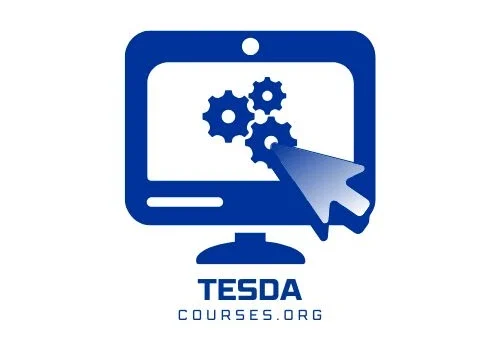
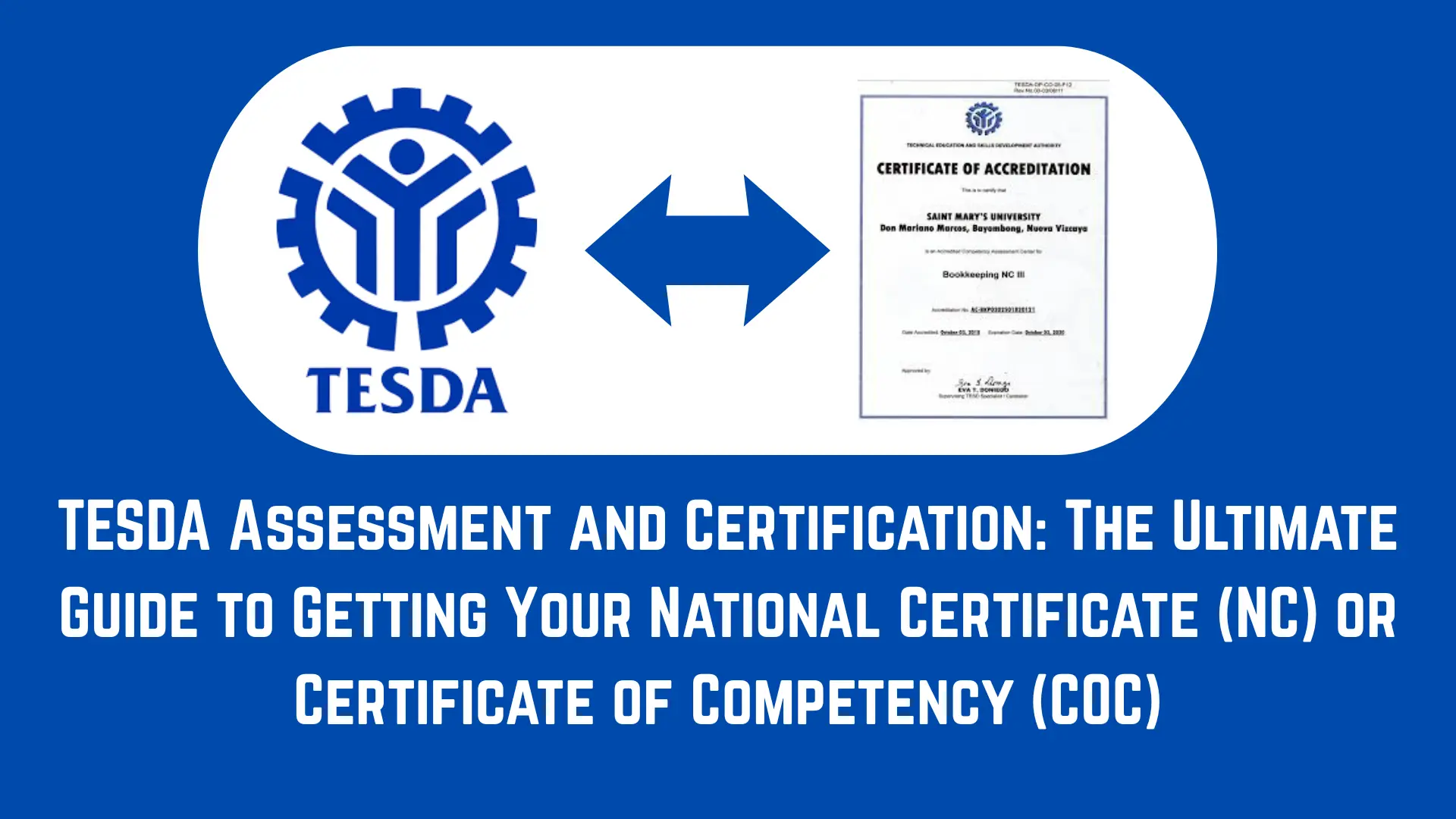
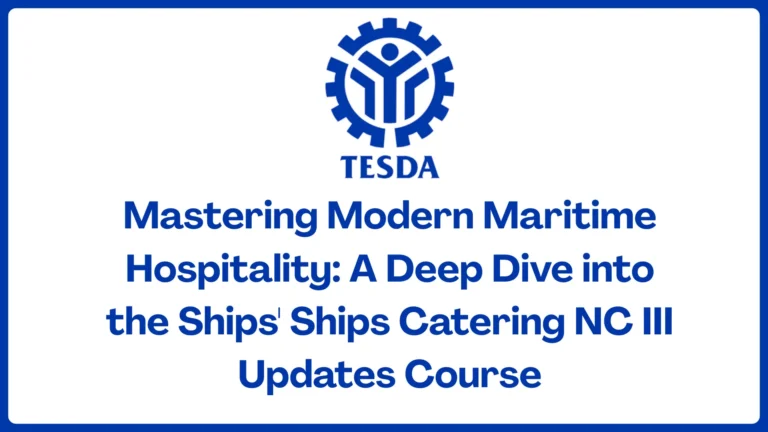
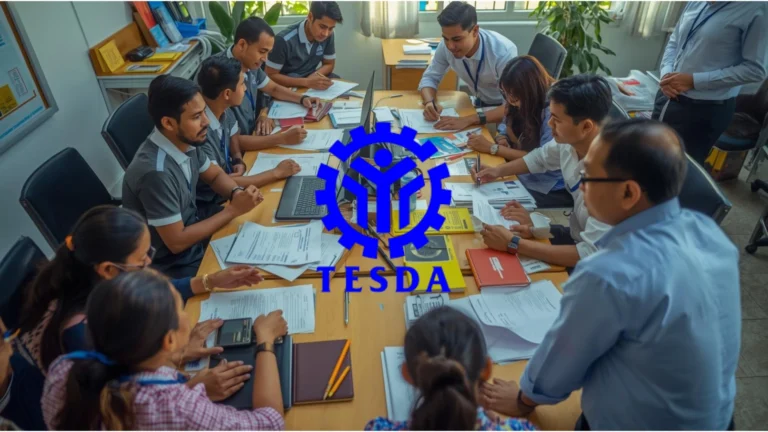
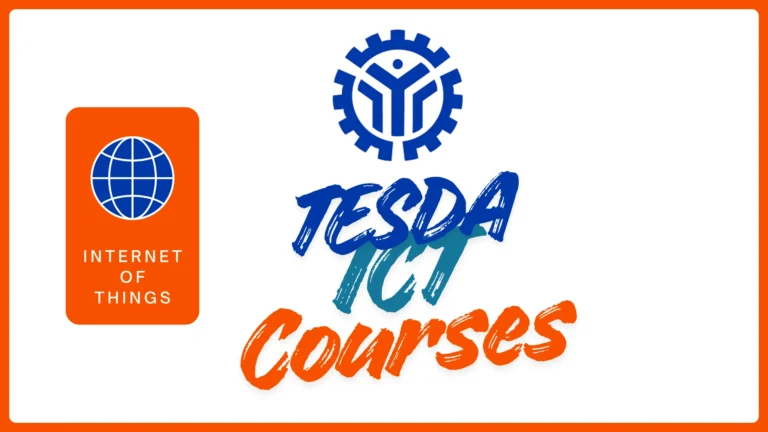
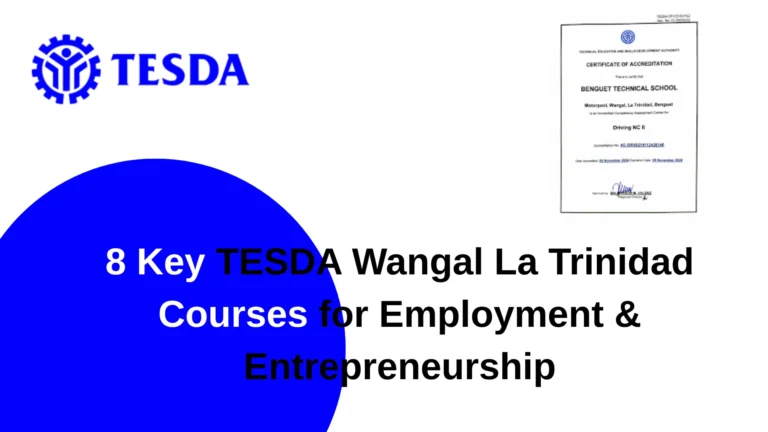
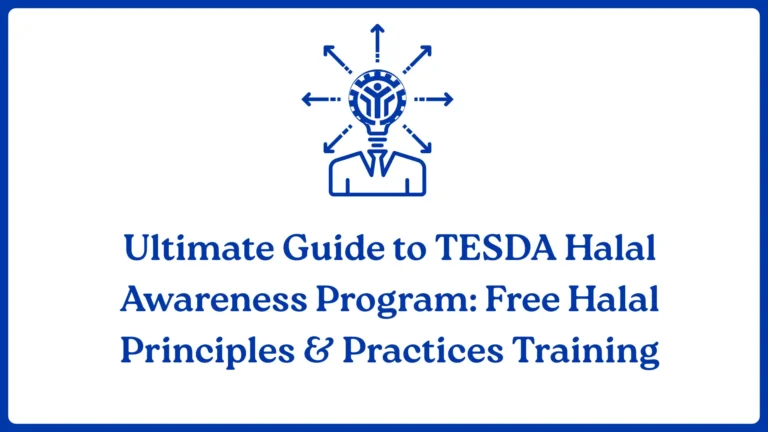

good i am presently work as a private nurse for almost a decade with my good school here in Candelaria ,Quezon, graguate as Bachelors of science in nursing, also NC2 competent on caregiver and Healthcare, and now COC1 competent as TM1, my cocern is Do i am qualified to APPLY FOR NTTC for TESDA, our good school are planning to have a Caregiving training and assessment center ASAP We are TESDA accredited school and planning to add Caregiving both training and assessment center…..Thank you and God bless